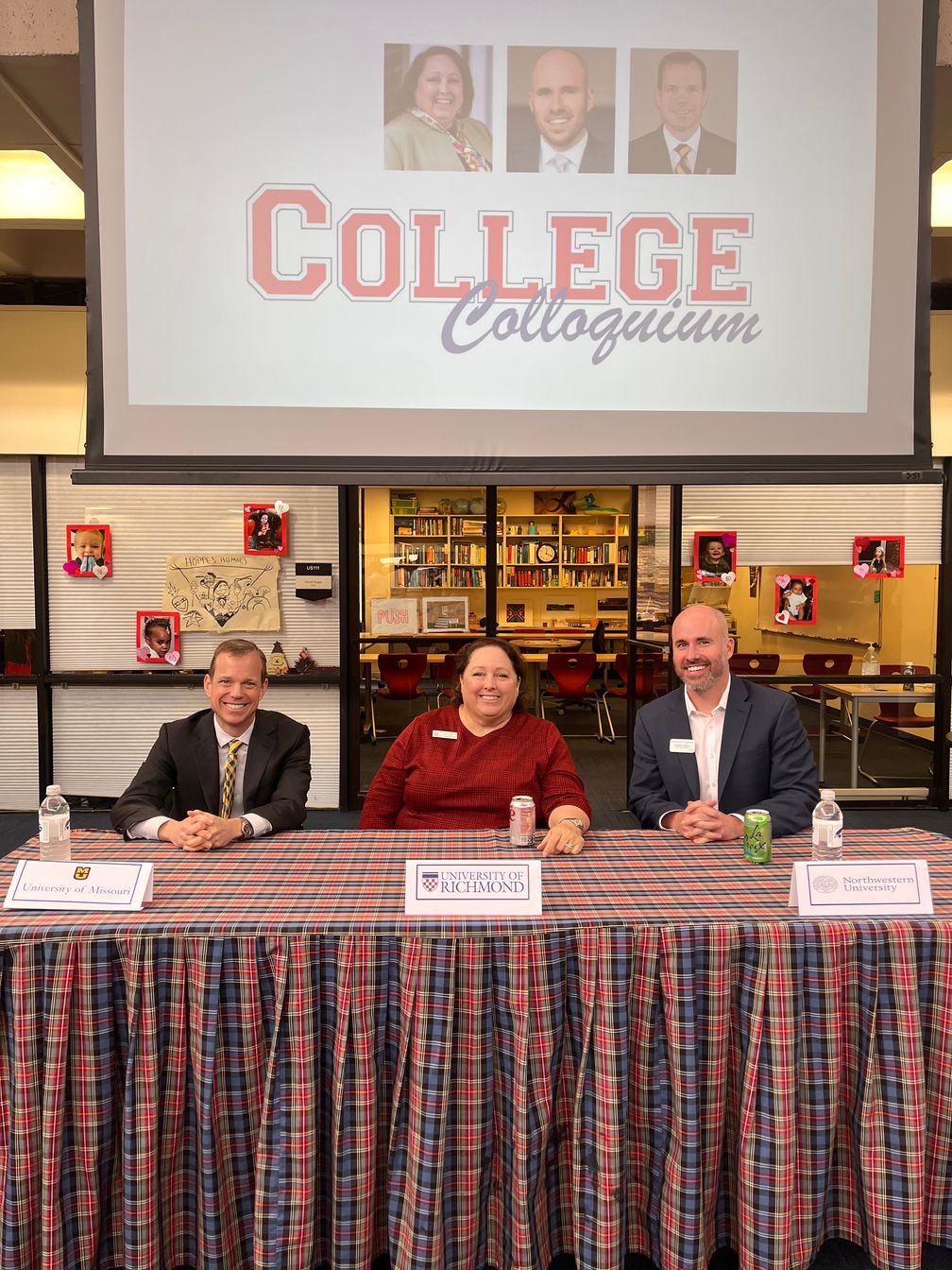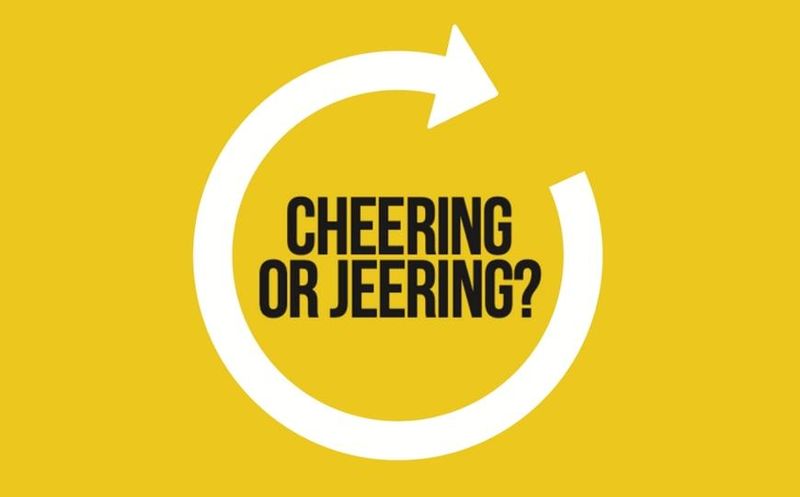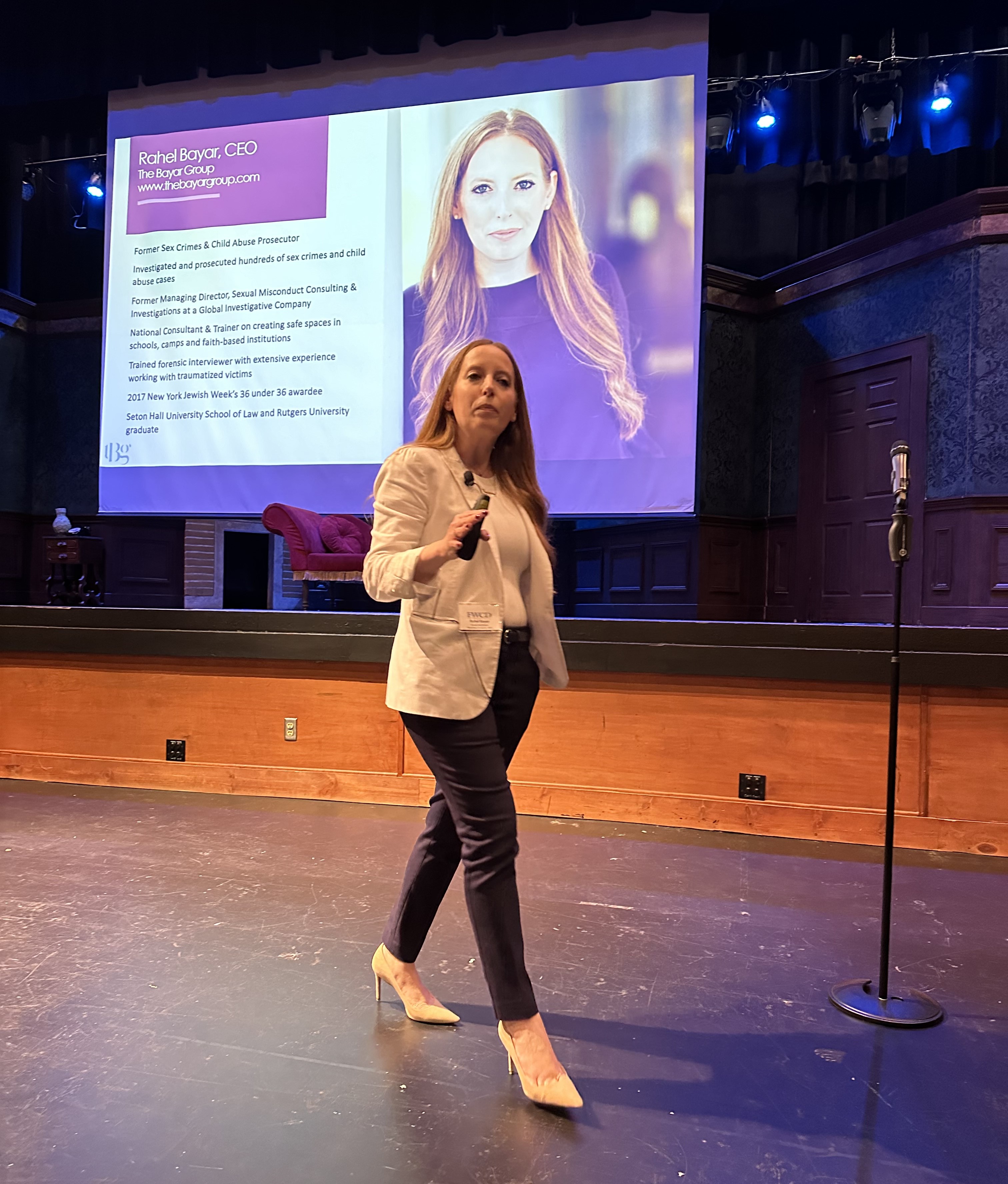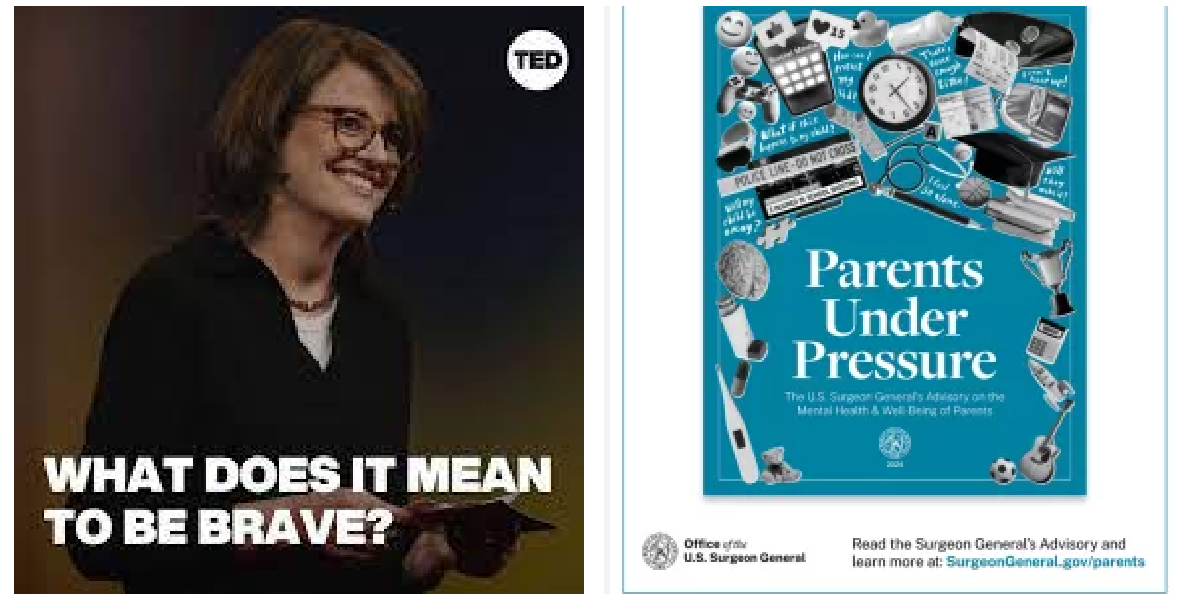Seen Read Heard
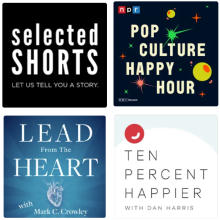
I have had a particularly podcast-filled month, covering a wide variety of topics. Here are some of the more notable listens I have had.
Selected Shorts, “Ken Burns Presents Willa Cather’s America” (December 7, 2023)
Selected Shorts consists of actor-read short stories. I won’t often read a short story, yet readers (and teachers!) often say they contain some of the best writing. The author has little time to develop characters and scenes, so the best short stories will be crisp and pack a punch. Short stories are also great fodder for the podcast venue.
Selected Shorts, in particular, has allowed me to hear many stories I would not have read on my own. I’ve listened to a number of the offerings on Selected Shorts, but the Willa Cather stories chosen by Ken Burns were exceptionally well-performed and gave a powerful sense of the life Cather introduced to so many readers: that of 1800s life in small, often midwestern or western, towns. “The Way of the World” and “A Wagner Matinee” were the stories on this hour-long podcast, and they were simple, delightful, and wonderfully descriptive of relationships and of rural people. The small-town elderly aunt visiting her niece in Boston and going to a Wagner concert finds herself weeping at the beauty of the music she had not heard in many years. I looked up a print copy because the words struck me so much:
“Her eyes were closed, but the tears were glistening on her cheeks, and I think in a moment more they were in my eyes as well. It never really dies, then, the soul? It withers to the outward eye only, like that strange moss which can lie on a dusty shelf half a century and yet, if placed in water, grows green again. My aunt wept gently throughout the development and elaboration of the melody.”
Pop Culture Happy Hour, “Mean Girls and What’s Making Us Happy” (January 12, 2024)
I don’t consider myself very hip to pop culture. But I am a wannabe. I envy those who can quote movies and albums. The closest I come to being knowledgeable would be from quoting podcasts like Pop Culture Happy Hour. I chose the episode on the movie/musical Mean Girls not because of an attraction to the decades-old movie but rather because I am always looking for input on addressing school meanness. The films and the Broadway musical of the same name are comedies, and yet I look at them more as an anthropologist or sociologist: Why are kids so mean to each other? How can we interrupt that unkindness, or how can we get kids to intervene on behalf of each other if not for themselves? Our work will never be done trying to educate about and through meanness. I hope some people see the movie and get ideas for how to interrupt any mean student behavior they witness.
Lead from the Heart, Mark Crowley (May 12, 2018); Daniel Coyle: Cracking the Culture Code
I searched for podcasts interviewing Daniel Coyle in relation to the Senior Leadership Team’s (SLT) 2023-24 school-year group reading and discussion of his book The Culture Code. The podcast did not do much to expand my knowledge, but it did reinforce some of the ideas and stories that Coyle uses, adeptly, to identify important characteristics of high-functioning “work” cultures. Our use of the book is with the idea of knowing FWCD’s culture as well as possible and about looking for areas our leaders want to reinforce and ways they want to improve.
Ten Percent Happier, Dan Harris interview of Daniel Goleman, “The Science of Optimal Performance – at Work and Beyond”
I use the app Ten Percent Happier to guide my meditation. I chose this podcast, having read Daniel Goleman’s groundbreaking work in the 1990s on Emotional Intelligence (often called “EQ”). I did not find the work on optimal performance, as described on the podcast, to be terribly groundbreaking or especially scientific, as discussed in this interview format with Dan Harris. However, a few takeaways related to being an educator:
Goleman asked, and I am not quoting because I was driving while listening: Wouldn’t it be great if parents didn’t ask, “How did you do on the test?” when a child came home, but instead, they ask, “Who were you kind to today?” I thought that thought was inspired. I will be repeating that message.
Goleman describes his goal of being “optimal” as something less than being “perfect.” The concept strikes me as healthy and reasonable: aim for having good days, recognizing goodness, and not always beating ourselves up over less-than-perfection. On the other hand, I disagree with Goleman’s premise that we just need to lower our standards to be happy. A perfectionist cannot just lower their standards. They can aspire to the best possible work and best possible days and accept that very, very few days will be perfect.







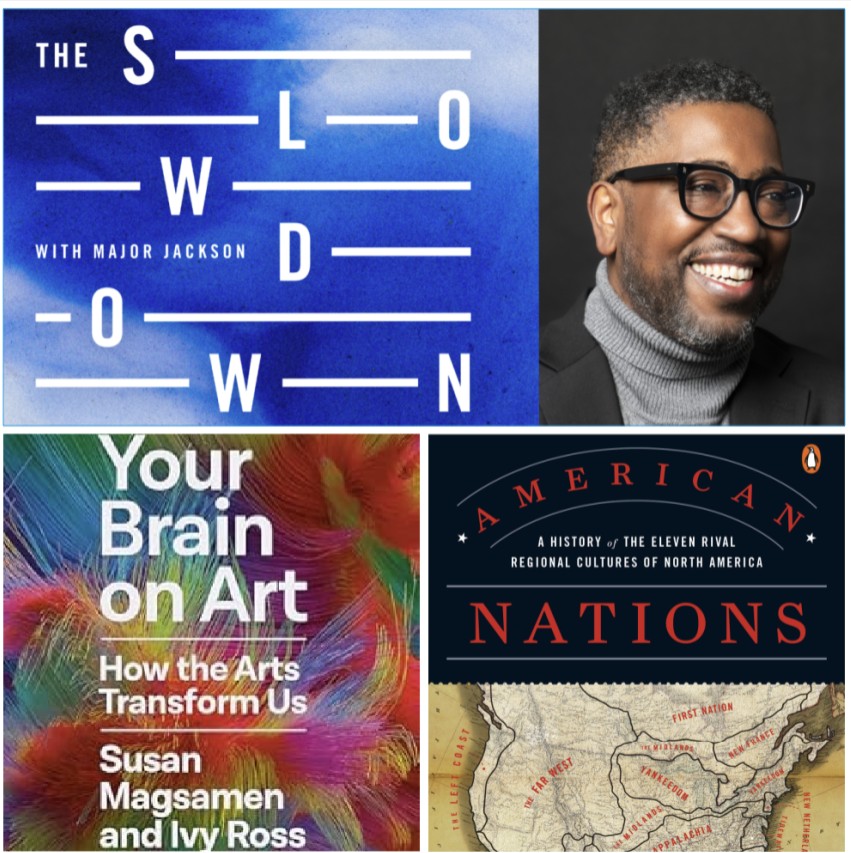
%20(1).jpeg)
